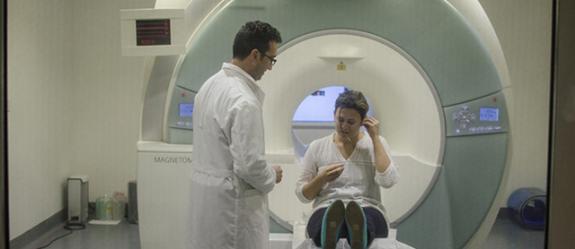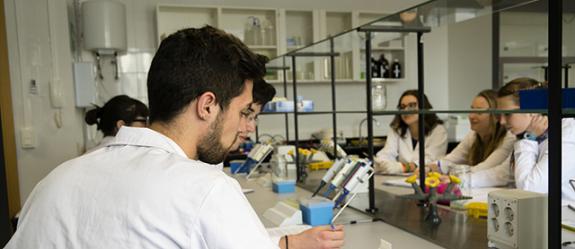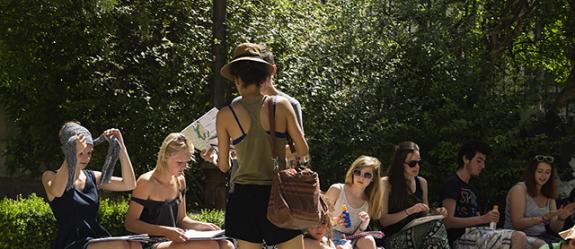Contributing to Socio-Economic Development
 The University contributes to regional, national and international socio-economic development by means of world-class education, high-quality research, providing top-class services, and by collaborating closely with the local administration and businesses. Our institution’s commitment to improving training and research techniques, knowledge transfer, and socio-economic engagement, has enabled us to create over 82 spin-offs, set up over 580 active research projects, and patent over 230 products in recent years. All of these advances have been achieved in line with the highest standards of corporate social responsibility.
The University contributes to regional, national and international socio-economic development by means of world-class education, high-quality research, providing top-class services, and by collaborating closely with the local administration and businesses. Our institution’s commitment to improving training and research techniques, knowledge transfer, and socio-economic engagement, has enabled us to create over 82 spin-offs, set up over 580 active research projects, and patent over 230 products in recent years. All of these advances have been achieved in line with the highest standards of corporate social responsibility.
Excellence in Research and Innovation
 At the UGR, we are firmly committed to investing in innovation and excelling in research. Thanks to this commitment, the BioTIC Campus, which excels in the areas of Biohealth, ICTs, Earth System Sciences, and Heritage and Culture, has been designated an International Campus of Excellence by the Spanish Government.
At the UGR, we are firmly committed to investing in innovation and excelling in research. Thanks to this commitment, the BioTIC Campus, which excels in the areas of Biohealth, ICTs, Earth System Sciences, and Heritage and Culture, has been designated an International Campus of Excellence by the Spanish Government.
An International and Multicultural University
 Approximately 80,000 individuals – students, researchers, lecturers, and administrative and service staff are directly linked to the UGR, making it the 4th largest university in the country. This university community has turned Granada, with its 240,000 inhabitants, into a lively, vivacious and culturally rich city. Approximately 6,000+ international undergraduate, masters, and doctoral students undertake studies at the UGR every year, making it a truly multicultural study destination.
Approximately 80,000 individuals – students, researchers, lecturers, and administrative and service staff are directly linked to the UGR, making it the 4th largest university in the country. This university community has turned Granada, with its 240,000 inhabitants, into a lively, vivacious and culturally rich city. Approximately 6,000+ international undergraduate, masters, and doctoral students undertake studies at the UGR every year, making it a truly multicultural study destination.
Furthermore, every year the University of Granada receives more than 2000 Erasmus students. As such, it is the most popular Erasmus destination in Europe. We also send more Erasmus students to foreign universities than any other European higher education institution. We are a founding member of the international Coimbra Group, an association of European universities at the forefront of higher-level education.
A University City
 Since its founding, the UGR has expanded on a par with the city, with educational centres distributed throughout the metropolitan area. Indeed, given its increasingly growing role in the life of the city over the last 500 years, the University has come to define the city architecturally, culturally and economically.
Since its founding, the UGR has expanded on a par with the city, with educational centres distributed throughout the metropolitan area. Indeed, given its increasingly growing role in the life of the city over the last 500 years, the University has come to define the city architecturally, culturally and economically.